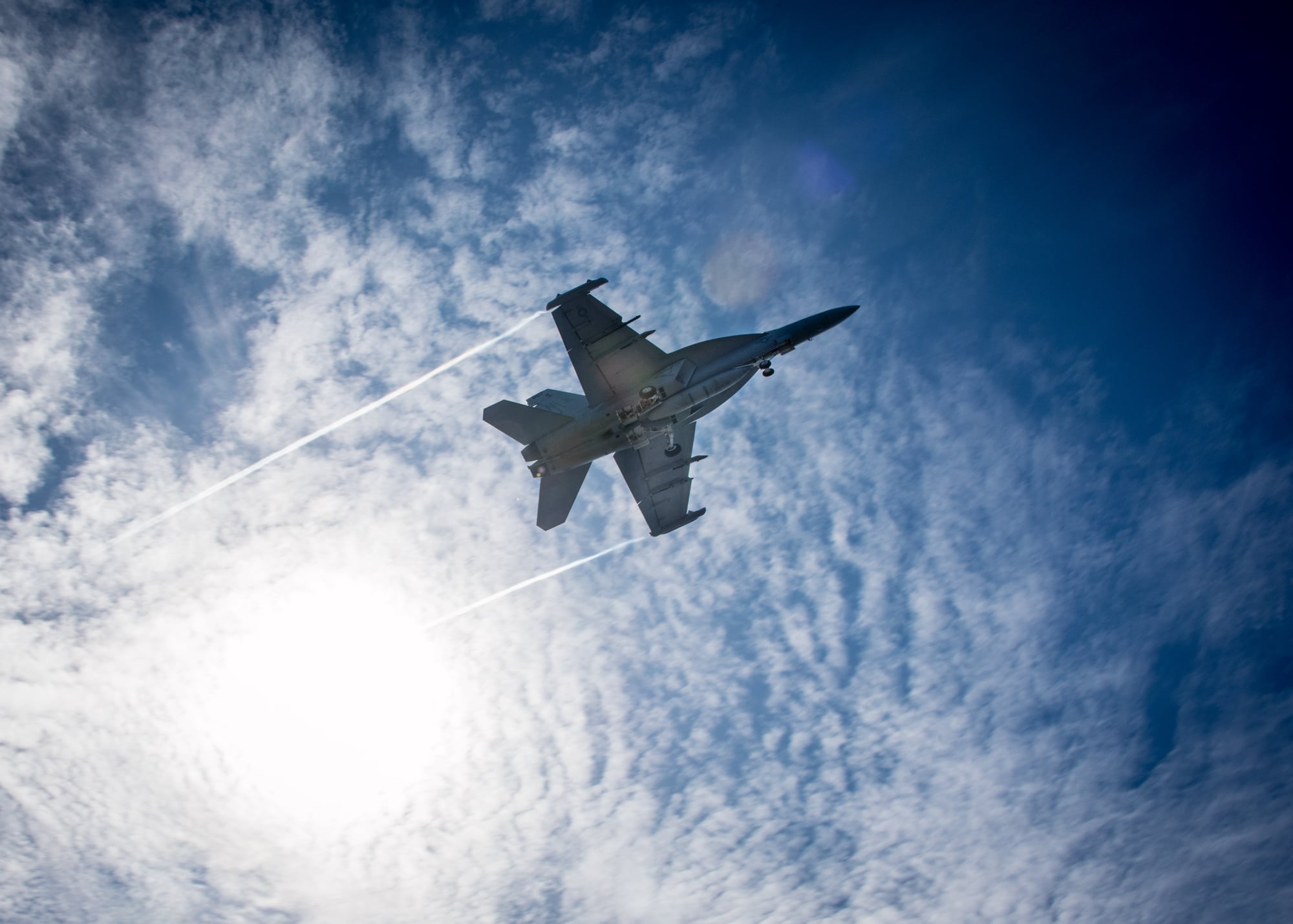WHIDBEY ISLAND, Wash. — The Navy’s top administrator has rejected calls for additional noise monitoring of low-flying jet training over a Washington state island.
The Seattle Times reported Tuesday that Navy Secretary Richard Spencer refuses to increase monitoring of Growler EA-18G jets flying over the Ebey’s Landing National Historic Reserve on Whidbey Island.
Spencer's response to the federal Advisory Council on Historic Preservation says noise impact assessments have already been conducted on the island about 34 miles (55 km) north of Seattle.
RELATED

The National Historic Preservation Act requires consultation with local and state groups about the 17,000-acre Ebey’s Landing area, but the Navy is not required to reach an agreement.
The Navy terminated talks with groups in December about easing the impacts of expanded Growler training at Naval Air Station Whidbey Island.





